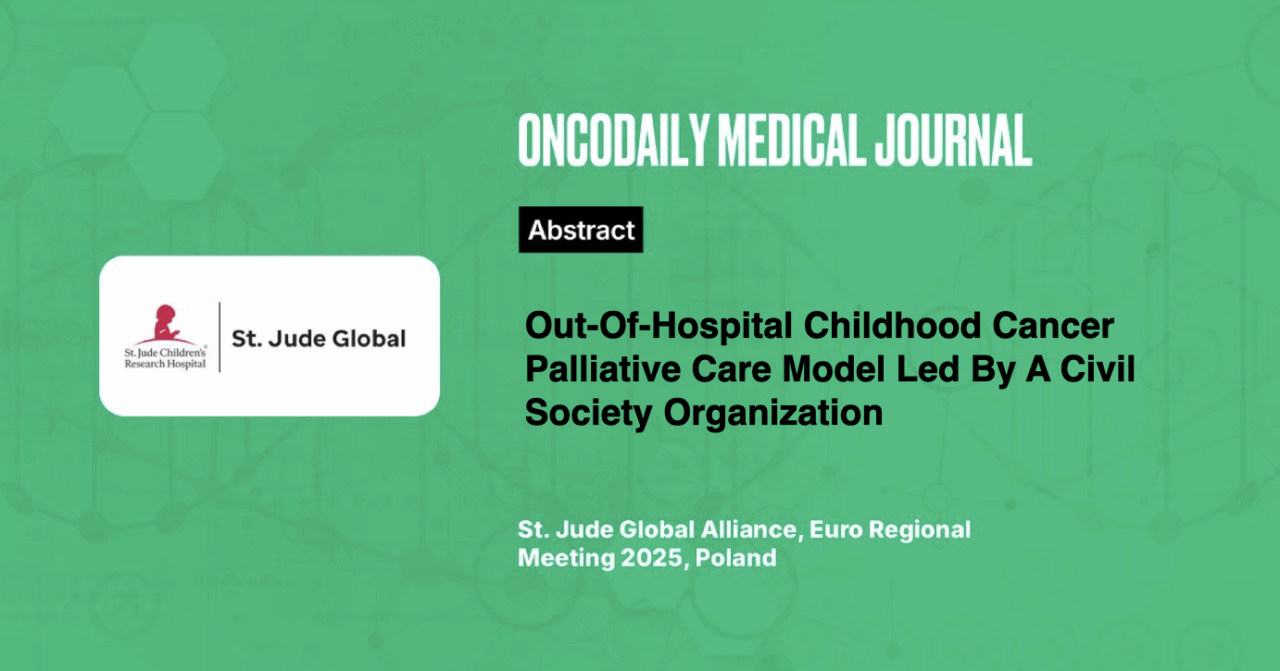Out-Of-Hospital Childhood Cancer Palliative Care Model Led By A Civil Society Organization
Abstract
Introduction: Palliative care in Ukraine is fragmented and underfunded, despite universal health coverage guaranteeing access to palliative care. Many Ukrainian public hospitals lack the knowledge, trained personnel, multidisciplinary teams, and resources needed to provide adequate palliative and end- of-life care for children with incurable cancer and their families. This creates significant gaps in care, leaving many families without essential medical, psychological, and financial support.
Methodology: Since 2015, the Tabletochki Charity Foundation has operated an out-of-hospital palliative care program, providing free, comprehensive support to families of children with incurable cancer. The program offers clinical guidance, financial assistance for medical supplies, tests, transportation, and daily needs, as well as psychological counseling and emotional support. Based in Kyiv, the program serves families nationwide through telecom technologies, ensuring accessibility even in remote areas. The multidisciplinary team includes family coordinators, clinical palliative care specialists, pediatric oncologists, a nutrition therapist, psychologists, a therapy dog specialist, and volunteers.
Results: Each year, the program supports approximately 80 families, delivering comprehensive, personalized care. The program has gained trust among pediatric oncologists, who regularly refer patients for palliative care. Among participating families, 96% rated the program’s care and services with the highest score, demonstrating high satisfaction and impact. Notably, Tabletochki’s program remains the only sustainable, free-of-charge, comprehensive palliative care initiative in Ukraine, addressing critical gaps in the country’s healthcare system.
Conclusion: Tabletochki has successfully developed and implemented an effective palliative care model, bridging the gap in Ukraine’s healthcare system for children with incurable cancer. The program’s multidisciplinary approach ensures holistic support, covering medical, financial, and psychological needs. This palliative care model can be adapted by civil society organizations in countries where palliative care is unavailable or inaccessible. By leveraging telecom technologies, courier services, and banking systems, similar programs can be replicated to provide effective support to families regardless of their location.





